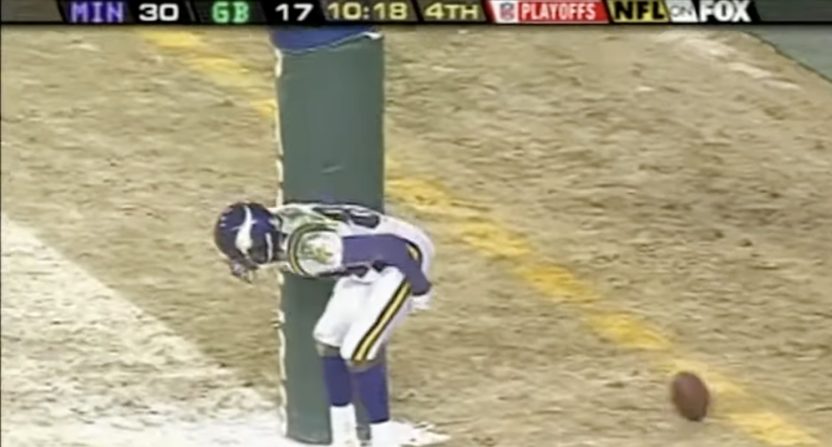Post by Funkytown on Apr 7, 2018 10:32:45 GMT -6
A quarterback ranking article that incorporates what has happened on the football field by Ben Baldwin
Crazy, I know
Plenty more at the link: www.fieldgulls.com/2018/3/30/17179804/nfl-qb-rankings-2018-aaron-rodgers-russell-wilson-stats-football-outsiders
Crazy, I know
Whenever there isn’t football being played, quarterback rankings are popular. This offseason has been no different, with Cian Fahey recently raising some eyebrows when he released his quarterback tiers based on the 2017 season, which ranked players like Jacoby Brissett, Jared Goff, and Mitch Trubisky well ahead of Russell Wilson.
In contrast to Fahey’s wholesale rejection of statistics, I set out to make a ranking of quarterbacks that is primarily based on how effective they have been as measured by increasing their team’s chance of scoring to see how it compared.
Criteria
I don’t care about things that happen that a QB has no control over:
His team’s rushing game (outside of when the QB himself carries the ball)
His team’s defense
I do take into account factors that affect a QB’s passing efficiency:
Receiving talent (players like Cam Newton get a boost because of the lack of talent around them)
Pass protection (players like Russell Wilson get a boost because of how frequently they are under pressure)
Below I will show expected points added (EPA) per play among plays that involved QBs from 2009 through 2017. This includes pass attempts, sacks, scrambles, and designed QB runs (including read option keepers). Because rushing plays very little role in determining who wins NFL games, it is safe to ignore rushes by non-QBs: the effectiveness of a team’s offense will largely be determined by the level of its quarterback play. ESPN’s QBR is built on expected points with some modifications, and predicts out of sample wins better than any other QB metric tested. To the extent that a QB has control over who wins and loses games, it will show up in EPA.
In contrast to Fahey’s wholesale rejection of statistics, I set out to make a ranking of quarterbacks that is primarily based on how effective they have been as measured by increasing their team’s chance of scoring to see how it compared.
Criteria
I don’t care about things that happen that a QB has no control over:
His team’s rushing game (outside of when the QB himself carries the ball)
His team’s defense
I do take into account factors that affect a QB’s passing efficiency:
Receiving talent (players like Cam Newton get a boost because of the lack of talent around them)
Pass protection (players like Russell Wilson get a boost because of how frequently they are under pressure)
Below I will show expected points added (EPA) per play among plays that involved QBs from 2009 through 2017. This includes pass attempts, sacks, scrambles, and designed QB runs (including read option keepers). Because rushing plays very little role in determining who wins NFL games, it is safe to ignore rushes by non-QBs: the effectiveness of a team’s offense will largely be determined by the level of its quarterback play. ESPN’s QBR is built on expected points with some modifications, and predicts out of sample wins better than any other QB metric tested. To the extent that a QB has control over who wins and loses games, it will show up in EPA.
Plenty more at the link: www.fieldgulls.com/2018/3/30/17179804/nfl-qb-rankings-2018-aaron-rodgers-russell-wilson-stats-football-outsiders



















 ... and neither is this Chris guy.
... and neither is this Chris guy.